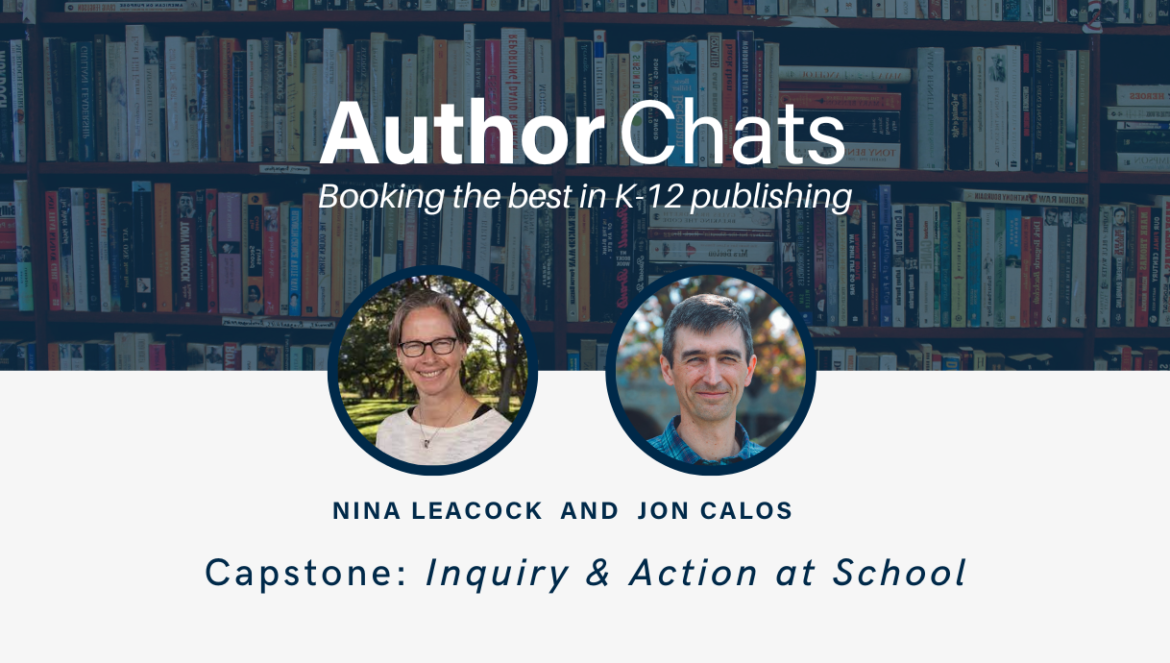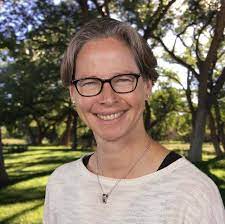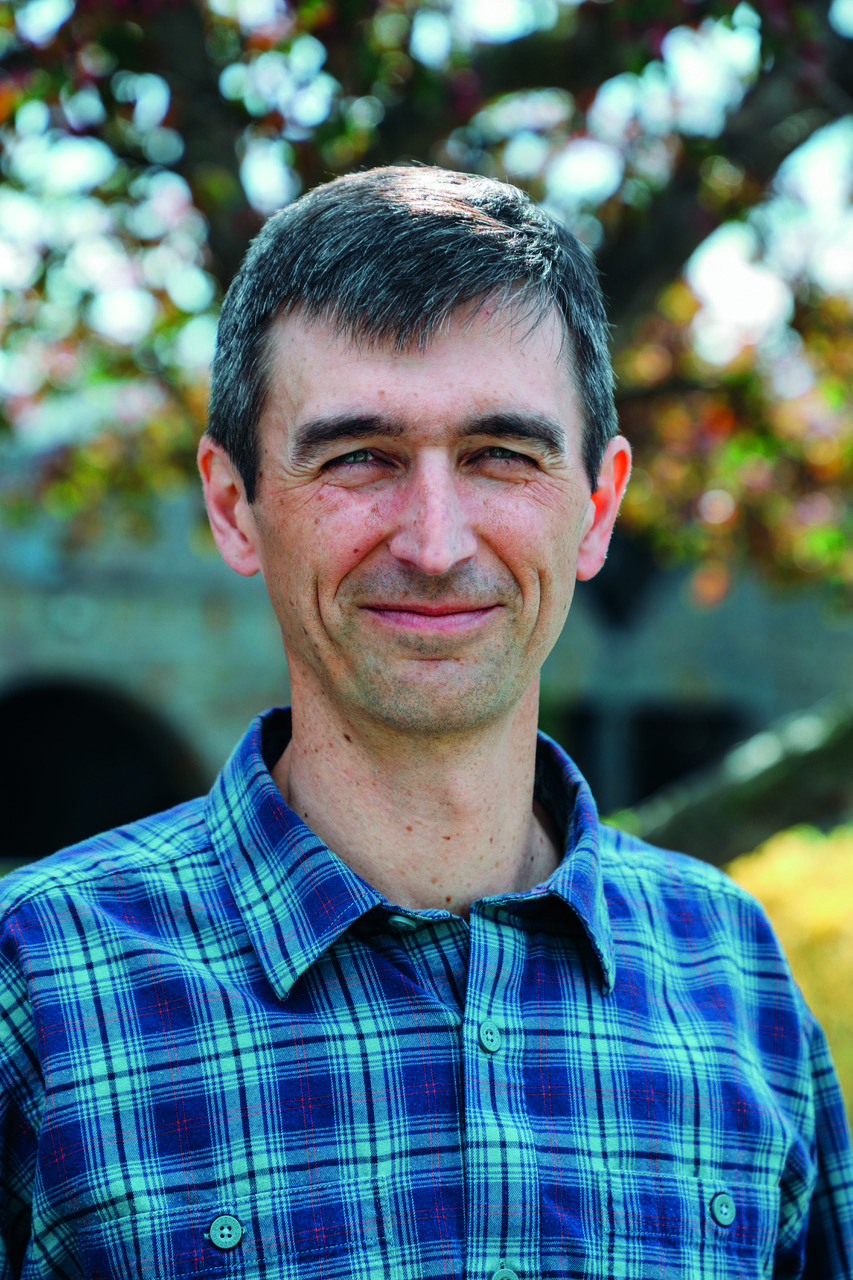Nina Leacock and Jon Calos, co-authors of the new book Capstone: Inquiry & Action at School (John Catt Educational), are our guests on this episode. Both Leacock and Calos are founding members of the National Capstone Consortium and each has led capstone programs at the school level.
For educators less familiar with the programs, the book addresses the what, why, and how of capstone education, offering resources necessary to build a program from the ground up. Capstone programs position students as the “expert” in an area of study or career setting of their choosing. All projects have an inquiry element focusing on problem solving, social change, and community engagement. “Students work individually to learn about a topic using up-to-date research methods that include action components,” says Leacock.
Capstone programs prove highly effective during transitions into various grade levels from elementary to middle and high school to college. The programs and projects can look very different from school to school. “Capstone is infinitely adaptable. You can literally stick it in anywhere where there’s interest and need and it will work,” says Calos. Excitement and creativity are key components to projects where teachers act as guides to student-driven ideas that frequently result in a school-shared final presentation. “These programs energize schools,” says Leacock. “Teaching in more traditional modes is often transformed by experiences in capstone programs.”
Unlike the backward planning methods common to most classroom setups, capstone programs are forward designed. Teachers provide support as needed, but when the programs are done right, students’ exploration is wide open and it’s impossible to script or predict the end of the journey. In many respects, capstone projects train students to succeed in real-world environments they will face. “Capstone is similar to what professionals do in the field,” says Calos. “They troubleshoot, explore interests, hit walls, and iterate. All of that happens in capstone education, making it really exciting.”
In addition to the information in their book, Leacock and Calos recommend the following resources to those interested in capstone education:
• National Capstone Consortium ― overall information and resources
• Mighty Network ― free online community network for capstone educators
• Online Summit ― three-day conference with co-creative sessions
As you listen to the interview, think through the following questions, and consider how adding capstone projects to your teaching would benefit your students:
1. Reflecting on your own style and strengths as an educator, do you possess the characteristics of a capstone teacher?
2. With students adopting the role of “expert” in a field of interest, are you curious as an educator to explore and learn more about unfamiliar subjects through your students?
3. In the interview, Nina Leacock refers to Jeff Hooper’s comparison between capstone education and Driver’s Ed: “A capstone teacher must be comfortable with being in the passenger seat and letting the student drive the car.” How do you respond to taking on that role?
4. If you were designing a new capstone program at your school, what do you think it would look like? What elements would you prioritize?
Listen to more episodes of Author Chats.








